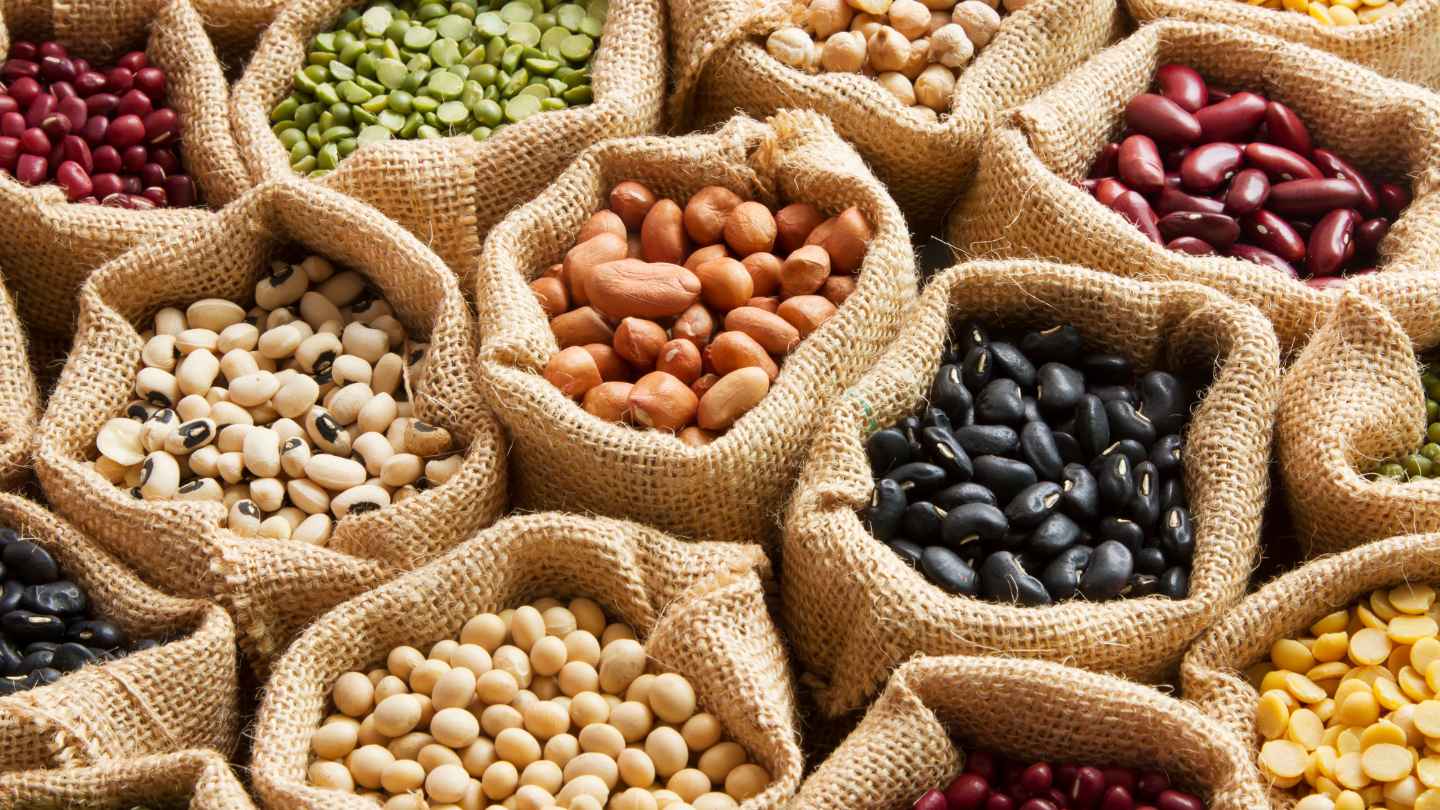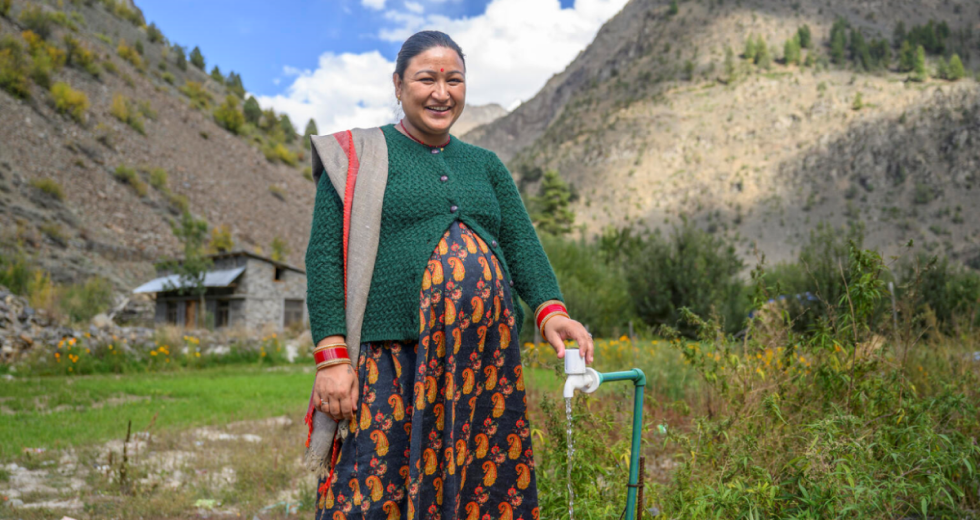What is the role of diverse proteins in safely, equitably, and sustainably nourishing 9 billion people by 2050?

The population will likely reach more than 9 billion people by 2050, threatening to exacerbate world hunger and malnutrition. Furthermore, climate change is already impacting food security and livelihoods. The future of food production must safely, equitably, and sustainably close nutritional gaps and mitigate climate change.
Diverse proteins, defined as any protein-rich food other than conventional livestock, have been positioned as an innovative solution to combat nutritional and environmental challenges. Consumption of alternative protein products and investments in this sector are growing in high-income countries. However, uncertainties remain, including the role of diverse proteins for low- and middle-income countries (LMIC) and implications of a shift toward novel alternative protein consumption, especially for malnourished populations.
This symposium will shed light on the major global developments, opportunities, and challenges across the alternative protein sector regarding nutrition, the environment, business, technology, consumer behavior, including special considerations for LMIC.
Following this session attendees will be able to:
- Discuss the latest developments across the alternative protein market and draw upon the global learnings and implications for LMIC
- Evaluate current policies and data gaps regarding the safety, nutrition, and sustainability of diverse proteins
- Identify the feasibility of diverse proteins as a solution for emerging economies
Guest speakers
-
Richard D. Semba, M.D., M.A., M.P.H. Johns Hopkins University
-
Anna Lartey, Ph.D., University of Ghana, formerly FAO
-
Ty Beal, Ph.D., Global Alliance for Improved Nutrition
-
Hannah Theobald, Ph.D., Quorn Foods

What is the role of diverse proteins in safely, equitably, and sustainably nourishing 9 billion people by 2050?
The population will likely reach more than 9 billion people by 2050, threatening to exacerbate world hunger and malnutrition. Furthermore, climate change is already impacting food security and livelihoods. The future of food production must safely, equitably, and sustainably close nutritional gaps and mitigate climate change.
Diverse proteins, defined as any protein-rich food other than conventional livestock, have been positioned as an innovative solution to combat nutritional and environmental challenges. Consumption of alternative protein products and investments in this sector are growing in high-income countries. However, uncertainties remain, including the role of diverse proteins for low- and middle-income countries (LMIC) and implications of a shift toward novel alternative protein consumption, especially for malnourished populations.
This symposium will shed light on the major global developments, opportunities, and challenges across the alternative protein sector regarding nutrition, the environment, business, technology, consumer behavior, including special considerations for LMIC.
Following this session attendees will be able to:
- Discuss the latest developments across the alternative protein market and draw upon the global learnings and implications for LMIC
- Evaluate current policies and data gaps regarding the safety, nutrition, and sustainability of diverse proteins
- Identify the feasibility of diverse proteins as a solution for emerging economies
Guest speakers
-
Richard D. Semba, M.D., M.A., M.P.H. Johns Hopkins University
-
Anna Lartey, Ph.D., University of Ghana, formerly FAO
-
Ty Beal, Ph.D., Global Alliance for Improved Nutrition
-
Hannah Theobald, Ph.D., Quorn Foods
Discover more
Partner with us
Know how we can join hands to eradicate malnutrition
Connect with us
Share your ideas, requests, and feedback
News & announcements
Find out what is new at Sight and Life
Join the team
Find the right role for you to grow and deliver impact



